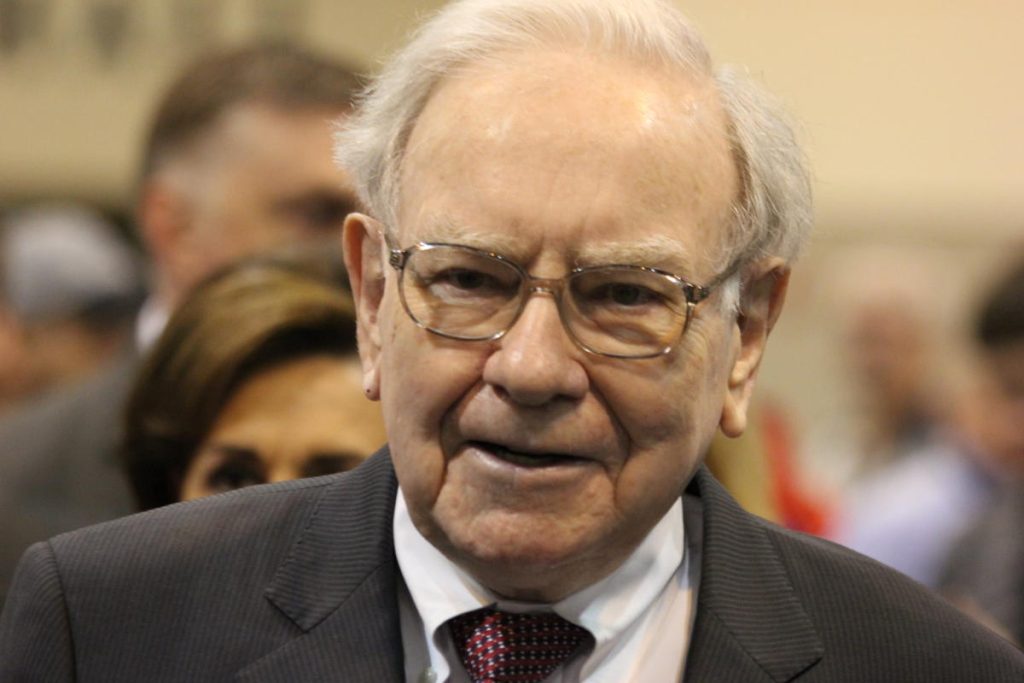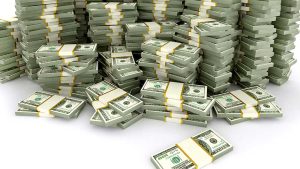
In Berkshire Hathaway‘s (NYSE: BRK.A)(NYSE: BRK.B) third-quarter earnings report, there weren’t any massive surprises about the company’s businesses themselves. Insurance underwriting profits declined significantly, but with a particularly bad hurricane season, this wasn’t too alarming.
On the other hand, there were a couple of big surprises that were revealed. First, CEO Warren Buffett continued to reduce the massive Apple (NASDAQ: AAPL) investment and is still a general seller of stocks. Since July, Berkshire has cashed in more than $10 billion of its Bank of America (NYSE: BAC) stake, which was the company’s second largest investment before the sales.
Start Your Mornings Smarter! Wake up with Breakfast news in your inbox every market day. Sign Up For Free »
Second, and perhaps more significant, is that this was the first quarter in several years when Berkshire didn’t buy back any of its own shares at all. Buyback activity had certainly slowed down in the second quarter, but it’s a big change to not buy back any shares whatsoever.
The combination of these things allowed Berkshire’s cash stockpile to swell to $325 billion, by far the highest level it has ever reached. Is Buffett giving investors a warning that the stock market isn’t the place to be right now? Here’s what we know, and what we don’t.
To be perfectly clear, Warren Buffett typically doesn’t comment on the company’s stock sales or buyback volume, aside from in his annual letter or at Berkshire’s annual meeting. So, we don’t know exactly why Buffett and his team made these moves.
At least some of the selling and cash-hoarding could absolutely be because Buffett thinks the market is a bit frothy. After all, the S&P 500 is up by more than 20% in 2024, and that’s after a strong 2023.
We do know that he attributed the initial wave of Apple selling to tax worries, specifically that he expects capital gains tax could be significantly higher in the future. By selling now, he locks in the current rates.
It’s also worth noting that Buffett is allowed to authorize buybacks whenever he feels that the stock is trading for significantly less than its intrinsic value, as determined by a conservative analysis. So the lack of buybacks doesn’t necessarily mean the stock is overvalued.
Buffett could also be cautious because of temporary market uncertainty. Given the combination of the U.S. election, inflation, the potential for a recession in the near term, and the Federal Reserve’s projected rate cuts, Buffett might be happier with lots of cash on the sidelines. After all, many observers, myself included, thought Buffett would go on a buying spree during the initial COVID-19 crash, but the sheer uncertainty of the situation kept him on the sidelines.


